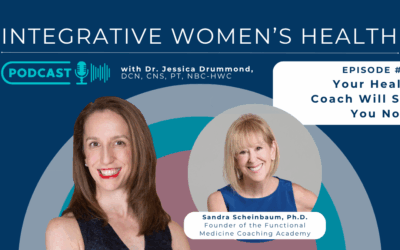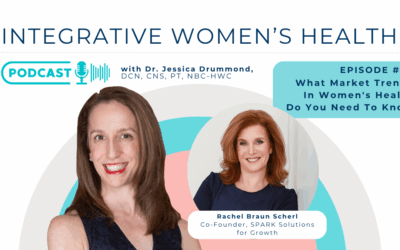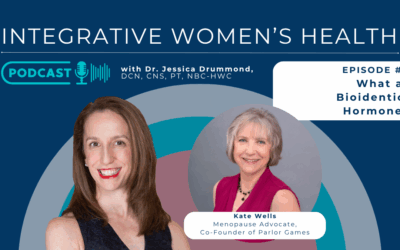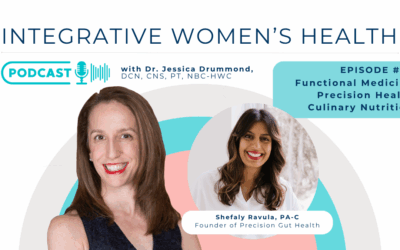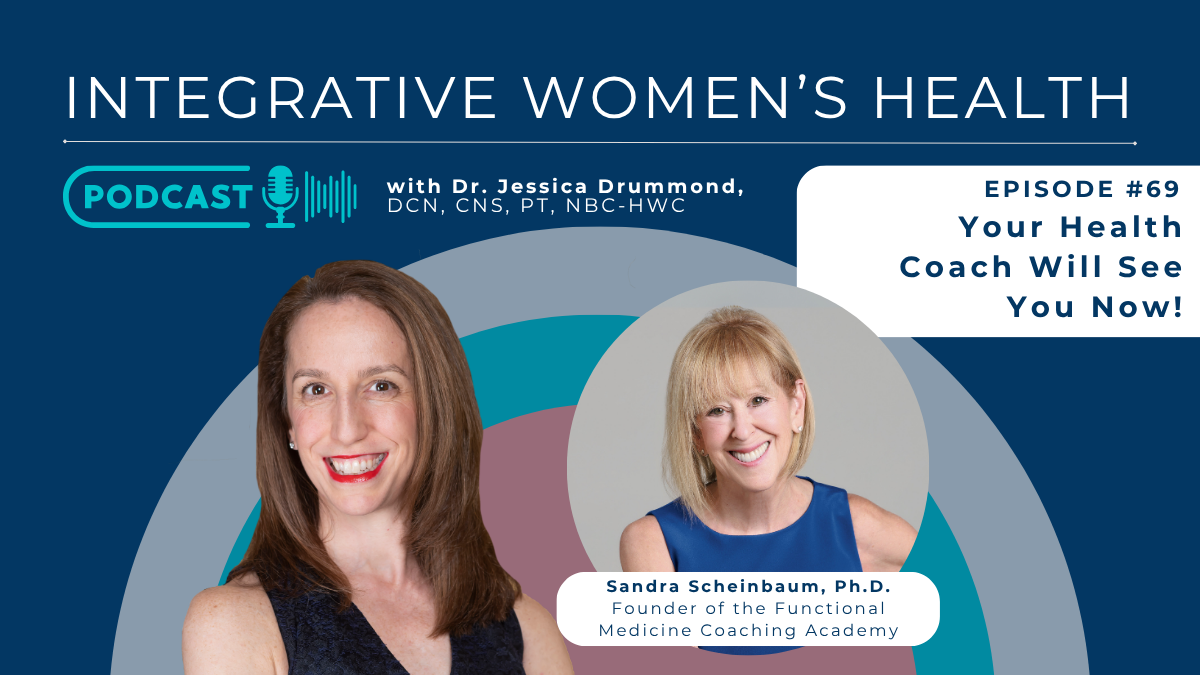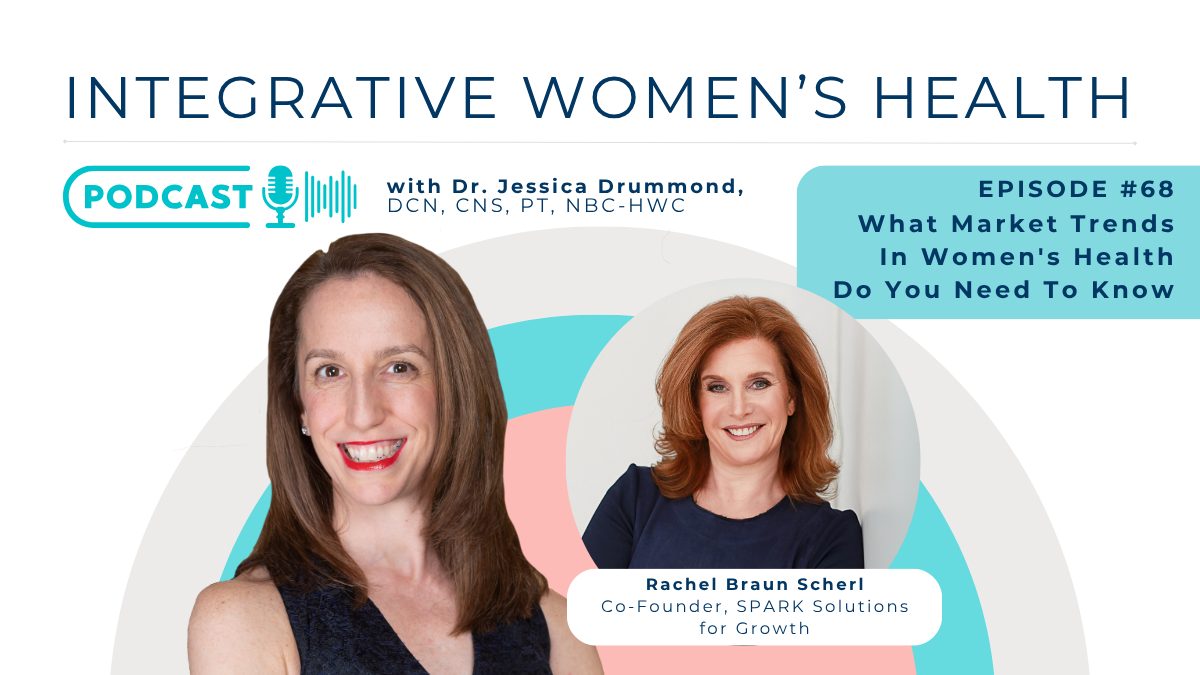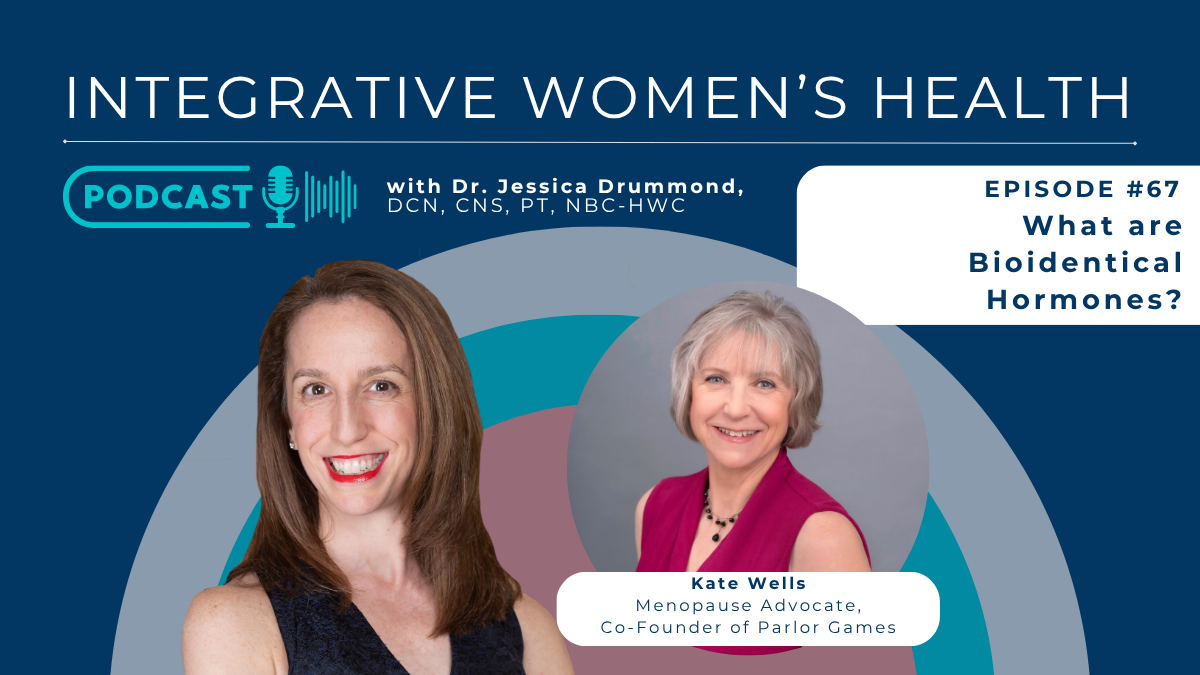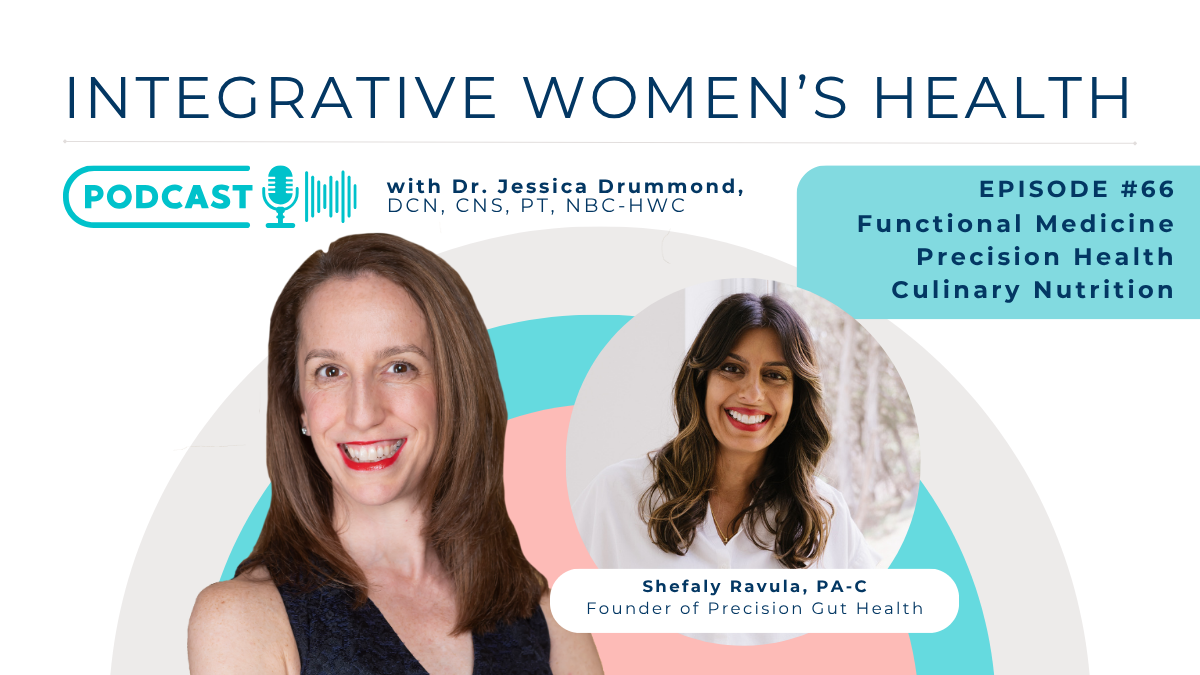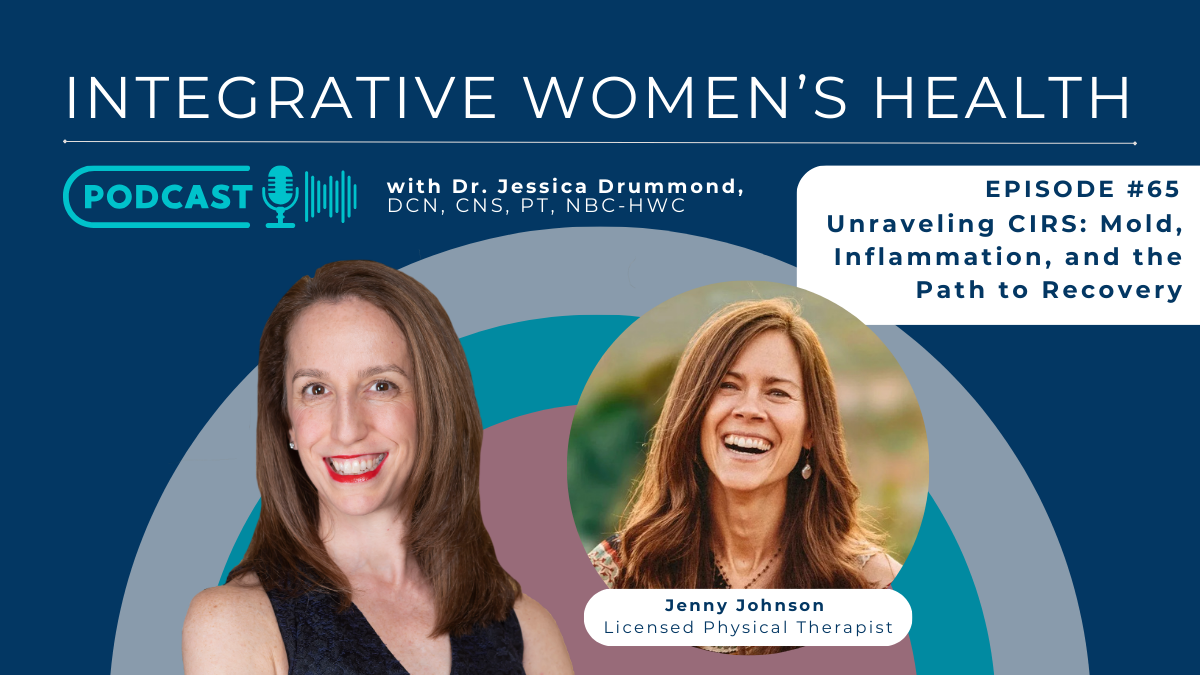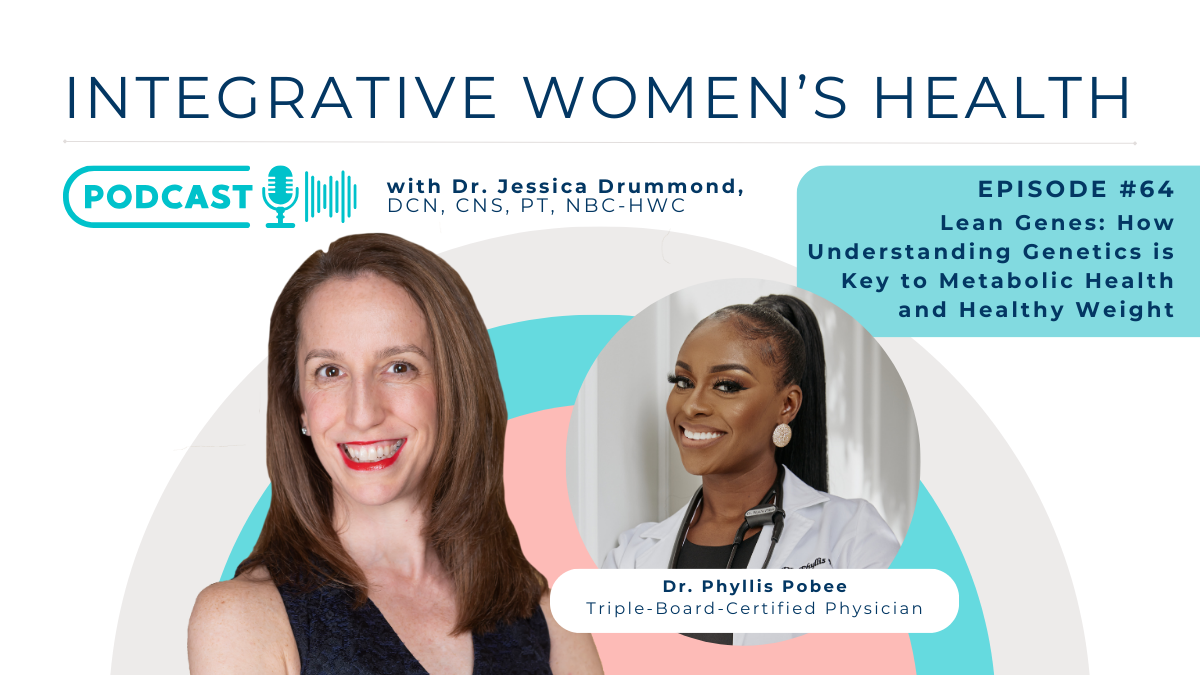80% of adults don’t even get the minimum recommended amount of exercise recommended by the CDC and similar public health organizations – 2 days per week of strength training and 150 minutes per week of moderate aerobic exercise.(1) Exercise for women over 40 is essential. But, it’s important to consider a number of factors before starting a fitness program.
Spinning, CrossFit, and other intense training programs have important risks to understand. A recently published article in The American Journal of Medicine detailed three cases of rhabdomyolysis – a serious muscle injury condition that can lead to severe kidney problems – in people participating in an intense spin class.(2)
Exercise for women over 40 is essential, and choosing the right dose and intensity of exercise in this population should be based on a number of important factors…
The benefits of exercise for women over 40:
- Better sleep
- Weight loss
- More energy
- Improved memory and concentration
- Detoxification support
- Muscle strength
- Bone strength
- Reduced risk of cardiovascular disease and stroke
- Mental health benefits
- And more…
What factors are important for choosing the best exercise program for each individual woman in her 40s or 50s? Not too little. Not too much.
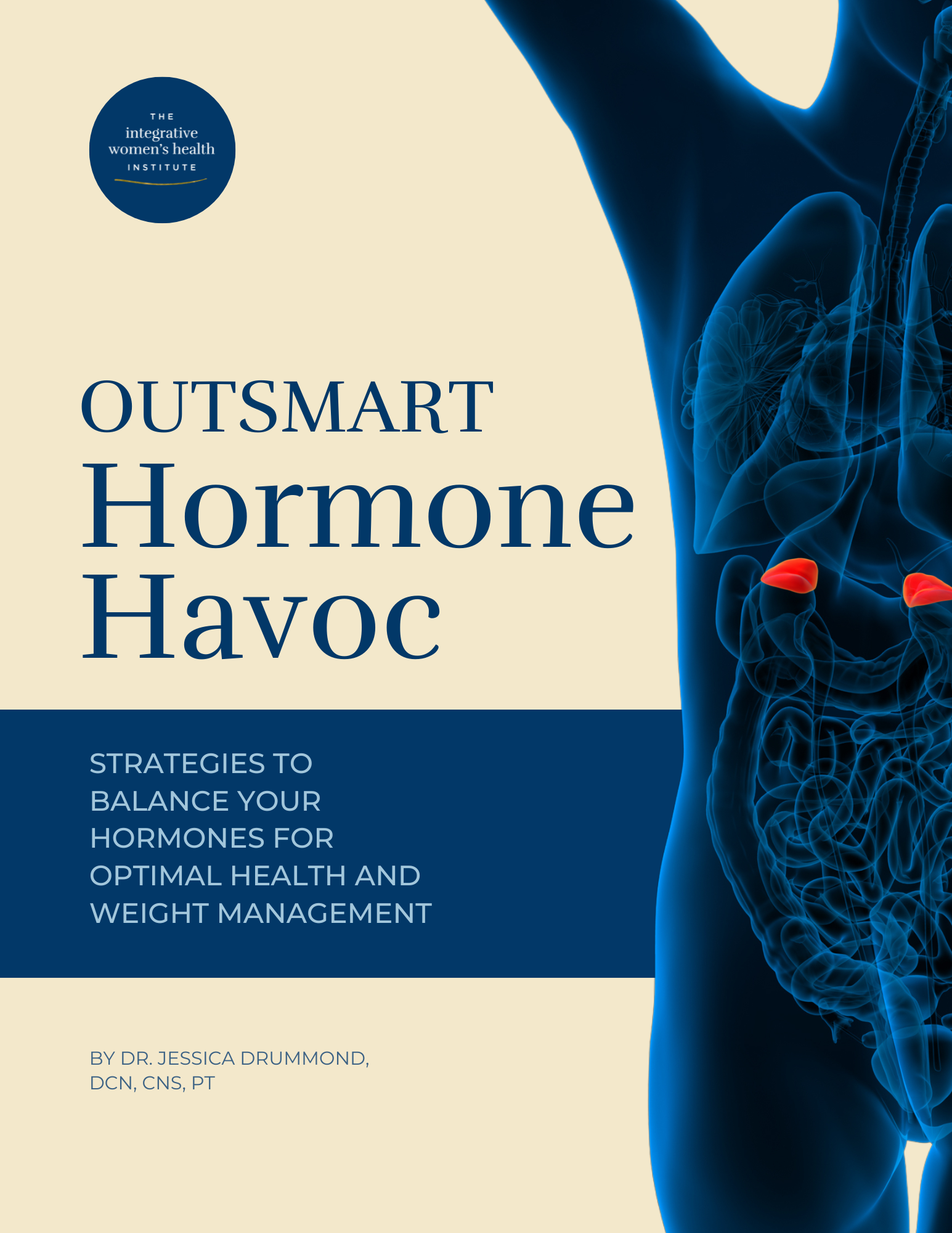
Download your free copy of the Outsmart Hormone Havoc eBook!
Strategies to Balance Your Hormones for Optimal Health and Weight Management
Are her hormones in balance?
Before starting any exercise program, it’s important to understand that exercise is a stressor.
It’s a good stressor, but it will impact the hypothalamic-pituitary-axis, sex hormone balance, and insulin levels (a measure of how the hormones are broken down once they are no longer needed).
Test for hormone depletion.
I recommend using the DUTCH hormone panel, to get an idea of the cortisol curve, cortisol metabolism, and sex hormone and metabolite levels.
If stress hormones (such as cortisol), or sex hormones (such as estrogen, progesterone, or testosterone) are out of balance, that will impact your exercise recommendations.
If you don’t have testing data to work with, ask yourself or your client these screening questions…
Stress hormones:
- Do you easily wake up with energy, and feel ready to go without having any morning caffeine? If not, she likely has low cortisol in the morning.
- Do you feel steady, calm energy throughout the day, or do you struggle with energy crashes, anxiety, or feeling wired? If she feels anxious, wired, or exhausted, she may be experiencing cortisol spikes, or dips through the day.
- Do you feel calm and sleepy, ready for bed around 9 or 10pm without needing alcohol to quiet your mind at night? If she needs alcohol at night to calm down to relax to fall asleep, if she has problems falling asleep, or if she gets a second wind at night, her cortisol levels are likely too high at night.
Estrogen:
- Do you experience breast tenderness, period pain, or ovarian cysts at any time of the month? If yes, she may have high estrogen or be estrogen dominant.
- Do you experience heavy periods? If yes, she may have high estrogen or be estrogen dominant.
Progesterone:
- Do you have trouble falling asleep or staying asleep at night? If yes, her progesterone may be low.
- Are you anxious or have new onset sleep apnea? If yes, her progesterone may be low.
Testosterone:
- Are you struggling with low libido? If yes, her estrogen and/or testosterone may be low.
- Do you struggle with acne? If yes, her testosterone may be high.
Insulin:
- Is your fasting glucose or Hemaglobin A1C high? If yes, she is insulin resistant.
- Do you experience sugar cravings? If yes, her blood sugar is probably unstable.
- Do you experience energy crashes throughout the day, or wake up in the middle of the night – usually between 2am and 4am? If yes, her blood sugar and/or cortisol are likely unstable.
Is she eating and absorbing adequate nutrients to support her exercise program?
Female athletes are at risk for common nutrient deficiencies, such as low protein, low iron, low calcium, and low vitamin D.(3) When active women don’t eat enough nutrients, or they are poorly absorbed due to increased intestinal permeability (leaky gut), SIBO, SIFO, or other causes of intestinal epithelial inflammation, they are not nourished enough to sustain intense exercise over time.
Other nutrient deficiencies common in women – especially those presenting with hair loss, keratosis pilaris, weak or brittle nails, or eczema – include, iron, zinc, niacin, omega-3 fatty acids, selenium, vitamin D, antioxidants, folate, biotin, and protein.(4,5)
What underlying genetic factors does she present with?
Certain genetic characteristics predispose some women to benefiting more or less from different kinds of exercise routines. Here are a few that have been studied.
- ADRB2 snps: This gene encodes the beta-2-adrenergic receptor. Different polymorphic forms, point mutations, and/or downregulation of this gene are associated with nocturnal asthma, obesity and type 2 diabetes.(6)
- ADRB3 snps: The protein encoded by this gene also belongs to the family of beta-adrenergic receptors. This receptor – located mainly in fat tissue – is involved in fat breakdown, and snps are associated with obesity7. SNPs in ADRB2 and ADRB3 can combine to make it difficult for women to lose weight unless they perform intense exercise.
- INSIG2 snps: Women with SNPs in this insulin induced gene have variations in subcutaneous fat, and men may have a poor response to strength training.(7)
What does she enjoy doing for exercise?
Our bodies are made to move. The question that I teach my clients to ask themselves as they are exploring exercise options to find the best one for them is:
Right after exercise, 2 hours later, and the next morning… Do I feel nourished or depleted?
If the exercise activity feels nourishing, enjoyable, and enhances a sense of joy and wellbeing, we are on the right track!
What is her heavy metal or environmental pollutant exposure?
Use a screening tool like our toxic exposures questionnaire to explore her exposure to environmental toxins like skin care products, household cleaners, make up, or air pollutants. Or, use blood and/or urine testing to look at the environmental toxin load.
Where to begin?
Start with the vision. What is the goal for exercise? Feeling stronger? Competing in an athletic event? More energy? Weight loss? Be sure to align the exercise program with her goals.
Build HPA Axis (stress management system) resilience before doing intense exercise. If cortisol levels are low, high, or out of balance, it’s important to start with spending more time each day with the nervous system in a calm, relaxed state in order to build stress resilience before adding the additional stress of intense exercise. This is also key if progesterone is low, or sleep is poor. Start with consistent nature walks, swimming at a moderate pace, yoga (low to moderate exertion, not hot power yoga!), mind-body exercise, or meditation. Do this kind of exercise at least 3-4 times per week consistently for a month, then begin to explore adding intensity.
Consider the need for detoxification system support. Breaking a sweat is a highly effective method of supporting the detoxification system. If estrogen or testosterone levels are high, or toxic load is high, exercising to a sweat at least 3-4 times per week is key. Shower after the sweat to rinse the excreted toxins.
Improve insulin sensitivity and overcome genetic predispositions towards insulin resistance, obesity, and diabetes. Blood sugar crashes, sugar cravings, abdominal fat gain, ADRB2 and ADRB3 SNPs are some of the common factors associated with the need for higher intensity interval training as an important strategy for blood sugar and insulin balance and weight loss for some women. Once the stress response system is more resilient, it’s time to start adding some higher-intensity cardiovascular and strength training.
Read More Perimenopause and Menopause Blogs
Solutions for Vulvovaginal Atrophy
Managing Sleep Issues in Midlife Women
7 Strategies for Perimenopause Weight Loss
References:
- https://www.cdc.gov/mmwr/preview/mmwrhtml/mm6217a2.htm?s_cid=mm6217a2_w
- http://www.amjmed.com/article/S0002-9343(16)31206-2/fulltext
- https://www.ncbi.nlm.nih.gov/pmc/articles/PMC4443719/
- https://www.ncbi.nlm.nih.gov/pmc/articles/PMC5315033/
- https://www.ncbi.nlm.nih.gov/pmc/articles/PMC2836433/
- https://www.ncbi.nlm.nih.gov/pubmed/12030897
- https://www.ncbi.nlm.nih.gov/pmc/articles/PMC2646703/
Revolutionize Your Career:
Become a Board-Certified Women’s Health Coach
In this NBWHC accredited health coach training program, learn the foundations of health coaching, functional nutrition, and integrative health strategies specifically designed for women.
Plus, an entire component is dedicated to business training to teach the best strategies to build a thriving health coaching practice.

Founder & CEO
Dr. Jessica Drummond,
DCN, CNS, PT, NBC-HWC
Dr. Jessica Drummond, DCN, CNS, PT, NBC-HWC, is the founder and CEO of The Integrative Women’s Health Institute, The Outsmart Endo Health Coaching Program, and the creator of the Women's Health Coach Certification.
She is passionate about caring for and empowering people who struggle with women’s and pelvic health concerns. She is equally passionate about educating and supporting clinicians and wellness professionals in confidently and safely using integrative tools to transform women’s and pelvic healthcare.
Dr. Drummond has two decades of clinical experience as a licensed physical therapist, licensed clinical nutritionist, and board certified health coach working with women with pelvic pain, including endometriosis, vulvodynia, and bladder pain syndrome. She brings a unique, conservative, and integrative approach to supporting women to overcome hormonal imbalances, and chronic pain conditions.
She is a sought after international speaker on topics such as integrative pelvic pain management, natural fertility options, optimal hormone health, menopause, and female athlete nutrition. Dr. Drummond was educated at the University of Virginia, Emory University, Duke Integrative Medicine, and Maryland University of Integrative Health.
Read Related Posts from The Integrative Women's Health Institute Blog:
Download The WHC Program Guide!
Enter your information to download your copy The Women’s Health Coach Certification Program guide.

Download your free copy of the Outsmart Hormone Havoc eBook!

